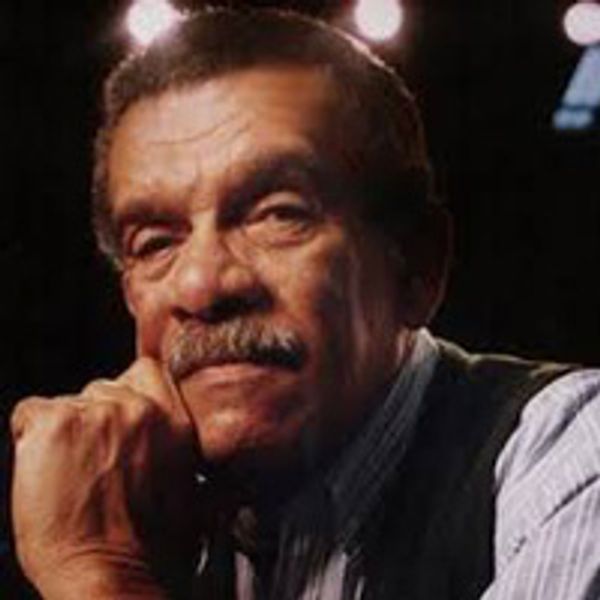Lia Purpura, Parasol Mushroom (detail), featured in AGNI 102
XXXIV
for Robert Fitzgerald
Those grooves in that forehead of sand-coloured flesh
were cut by declining keels, and the crow’s foot
that prints an asterisk by unburied men
remind him how many more by the Scamander’s
gravel fell, and lie waiting for their second fate.
Who next should pull his sword free of its mesh
of weeds and hammer at the shield
of language till the wound and the word fit.
A whole war is fought backwards to its cause.
Last night, the Trojan and the Greek commanders
stood up like dogs when his strange-smelling shadow
hung loitering round their tents. Now, at sunrise,
the dead begin to cough, each crab-wise hand
feels for its lance, and pincers it like his pen.
A helmsman drowns in an ink-blot, an old man wanders
a pine-gripped islet where his wound was made
by a rusty nib, its shade soothes his gangrene.
Entering a door-huge dictionary, he finds that clause
that stopped the war yesterday, his wrists starts the gavel
of hexametrical time, the V of each lifted blade
pulls from the shallows of Connecticut, like a piano
hammering without the sound, as the wake over gravel
recites in American: ‘Arma virumque cano. . .’

Derek Walcott
Derek Walcott (1930–2017), awarded the Nobel Prize for Literature in 1992, published more than forty plays and poetry collections in his lifetime, including White Egrets (Farrar, Straus & Giroux, 2010) and Selected Poems (Farrar, Straus & Giroux, 2007). For twenty-seven years he was a member of AGNI ’s Advisory Board.
Louis Bourne’s interview with Walcott, “Just a Fisherman: Derek Walcott on Omeros,” appeared in AGNI 50. Walcott’s book-length poem Tiepolo’s Hound was reviewed in AGNI 52 by Diane Mehta.
Five days after Walcott’s death in March 2017, AGNI founder Askold Melnyczuk joined a conversation on the radio show On Point about the laureate’s life and poetry.
Order AGNI’s limited-edition broadside of Walcott’s “A Sea-Change.” The poem was first published in AGNI 67 and later reprinted in Harper’s and The Best American Poetry 2009.
